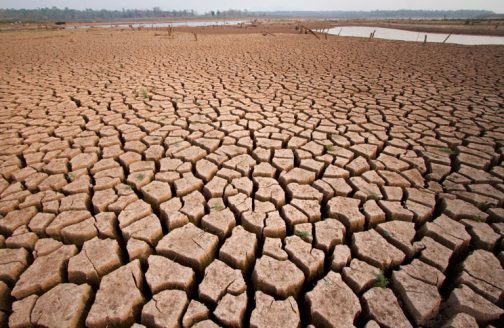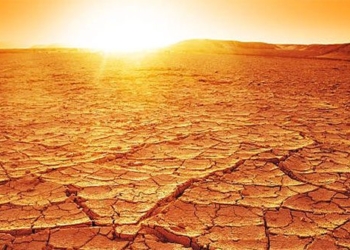France has begun to experience a new heatwave as of yesterday. The highest temperatures are forecasted to exceed 40 degrees Celsius today, marking the first time in French history that temperatures have surpassed 40 degrees Celsius before the official start of summer.
Ms. Ludivine Florentin, a French citizen, stated: “It’s frightening because last year we had a pretty terrible summer, and now it’s only June, and the temperature is already 37 degrees Celsius. The weather is becoming increasingly unpredictable.”
Unusual heatwaves are occurring more frequently in France. May of this year was the hottest May on record, even before the summer season officially began.
Meanwhile, in Spain, residents are facing the earliest heatwave in over 40 years. This heatwave has pushed temperatures in many regions of Spain above 40 degrees Celsius, significantly higher than the normal levels for this time of year, with outdoor temperatures in Seville, in the south of the country, reaching up to 48 degrees Celsius.
Ms. Esther Sanchez, a resident of Madrid, Spain, commented: “The weather is getting worse every day. My body finds it increasingly difficult to cope with the heat, not just when working but even when we are trying to rest at night.”

For the first time in history, France records temperatures exceeding 40 degrees Celsius before summer.
This unusual early heatwave follows a scorching spring in Spain, with temperatures comparable to the averages typically seen in July and August. This heatwave is expected to last until June 18, with temperatures exceeding the seasonal average by 7 to 12 degrees Celsius.
Extreme Weather Becomes More Severe
Climate change is causing extreme weather events to become more intense and frequent. What was once considered unusual is now happening more regularly and is on the verge of becoming the norm in Europe.
Europe experienced its hottest day, hottest summer, severe wildfires, and historic floods in 2021. According to a report released by the EU’s climate monitoring agency last April, an especially severe heatwave in the Mediterranean led to wildfires that burned over 800,000 hectares across Greece, Turkey, and Italy. Meanwhile, record-high rainfall caused devastating floods across Belgium and western Germany, resulting in over 200 fatalities.
Mr. Frederic Nathan from the French meteorological agency analyzed: “When we look at heatwaves, we see more waves occurring after the 1980s compared to the period before. These heatwaves are likely to last throughout the summer. A few decades ago, heatwaves primarily occurred in July and August.”

Economic damage from climate change in Europe has reached 12 billion euros annually.
Last year, the Earth’s surface was nearly 1.2 degrees warmer than pre-industrial times, while the average increase in Europe was over 2 degrees. This is the threshold at which dangerous extreme weather events are more likely to occur and with greater intensity.
Mr. Robert Habeck, Germany’s Minister of Economy and Climate, remarked: “Global warming will continue; we cannot reverse it. The only question we need to discuss is whether global warming can be slowed down through political action—in the next few years, not in 30 years, but in 4, 5, or 10 years.”
The EU is currently discussing a climate change response package, which includes proposals to reform the carbon market to reduce emissions, ban the sale of internal combustion engine vehicles by 2035, and accelerate the development of renewable energy. These proposals aim to reduce the EU’s greenhouse gas emissions by 55% by 2030 compared to 1990 levels.
Currently, the economic damage from climate change in Europe has reached 12 billion euros annually, and this figure is projected to continue rising. In addition to the crucial goal of reducing emissions, the European Commission is also planning to build a data repository to predict and adapt to the increasing impacts of climate change.




















































